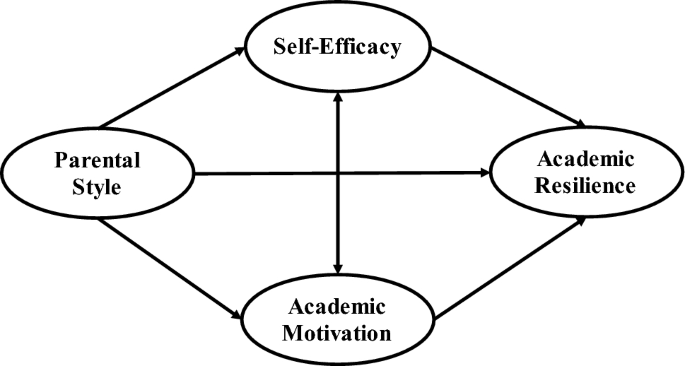Artificial intelligence (AI) is significantly enhancing diagnostic accuracy in healthcare by leveraging advanced algorithms and data analytics to improve patient care and clinical outcomes. Here are some key ways AI is achieving this:
-
AI-Powered Diagnostics: AI algorithms are capable of analyzing medical images, genetic data, and patient records with high precision. For instance, in radiology, AI systems have been developed to detect lung nodules with a diagnostic accuracy rate of 94%, surpassing the 65% accuracy rate of human radiologists. This capability not only speeds up the diagnostic process but also reduces human error, leading to more accurate and timely diagnoses.
-
Predictive Analytics: AI is used to predict patient outcomes and identify high-risk individuals, which allows for the tailoring of treatment plans. This proactive approach is particularly beneficial in managing chronic conditions and reducing hospital readmissions, ultimately improving patient outcomes.
-
Enhanced Imaging Analysis: With nearly 400 FDA approvals for AI algorithms in radiology, AI is transforming imaging diagnostics. AI can process vast amounts of imaging data, much of which traditionally goes unused, to identify patterns and anomalies that may be missed by human eyes. This enhances the accuracy of diagnoses in fields such as oncology, cardiology, and neurology.
-
Personalized Medicine: AI systems, like those developed in collaboration between Mayo Clinic and IBM Watson Health, analyze patient data to provide personalized treatment suggestions. This is especially impactful in oncology, where tailored treatments can lead to higher response rates and improved patient outcomes.
-
Clinical Laboratory Testing: AI enhances the accuracy and efficiency of laboratory processes, such as microorganism detection and antibiotic susceptibility testing. This leads to more precise diagnostics and better-informed treatment decisions.
-
Disease Diagnosis: AI has shown promise in diagnosing diseases such as breast cancer, skin cancer, diabetic retinopathy, and pneumonia. Studies have demonstrated that AI can reduce false positives and improve diagnostic sensitivity compared to human radiologists.
-
Genotype Analysis and Personalized Treatment: AI aids in analyzing genomic data for disease surveillance and personalized treatment. Machine learning algorithms can predict treatment responses based on genetic information, allowing for more effective and individualized care.
AI's integration into healthcare is revolutionizing diagnostics by improving accuracy, reducing errors, and enabling personalized treatment plans. These advancements are enhancing patient outcomes and transforming healthcare delivery, although challenges such as data privacy, bias, and the need for human expertise remain important considerations for the effective implementation of AI in healthcare.
![10 AI in Healthcare Case Studies [2024] - DigitalDefynd](https://digitaldefynd.com/IQ/wp-content/uploads/2024/05/AI-in-Healthcare-Case-Studies.jpg)







